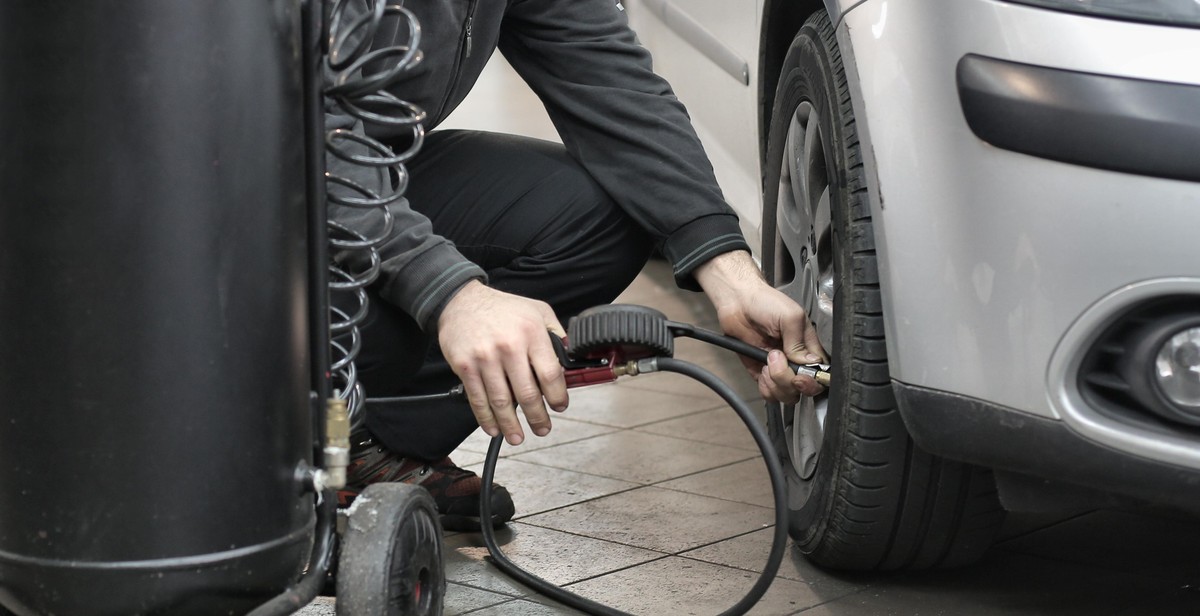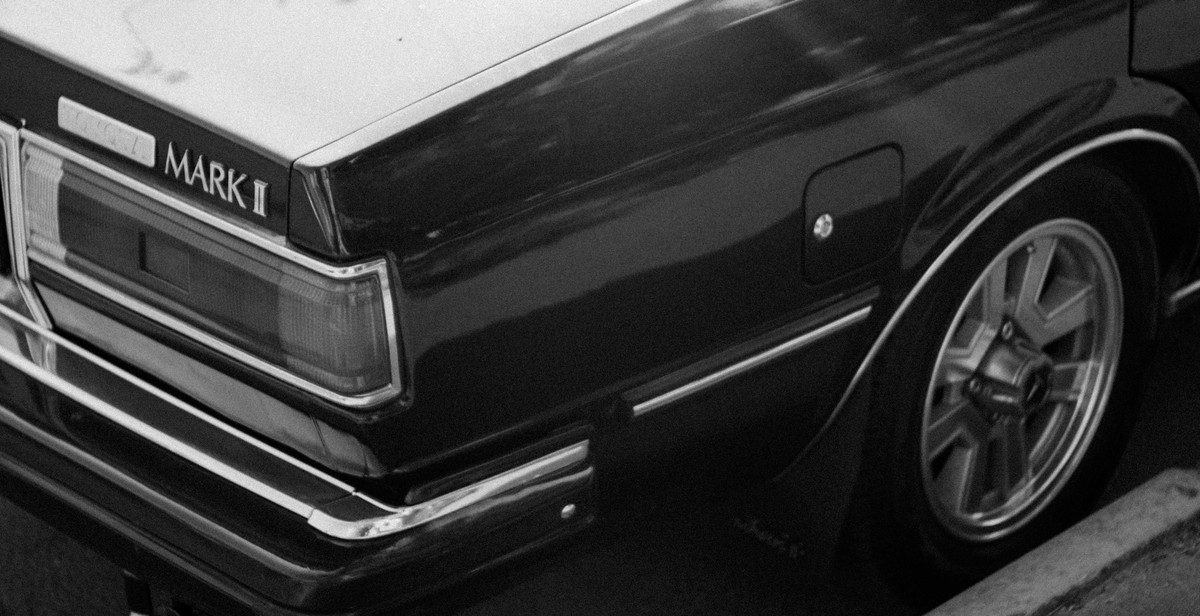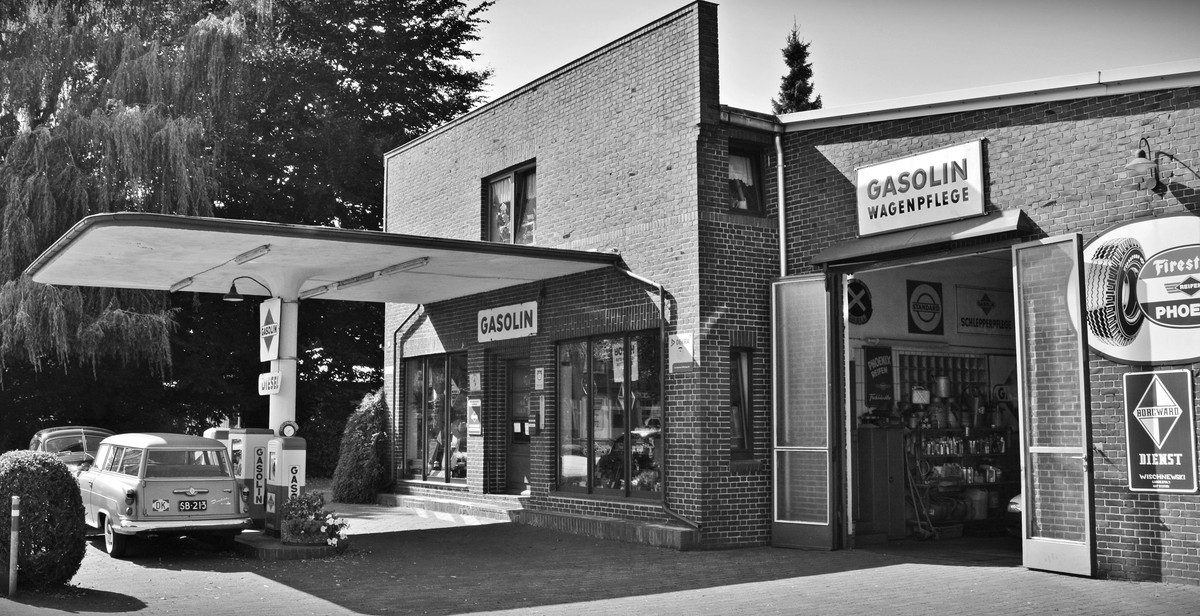How to Maximize Fuel Efficiency in Your Car
If you are a car owner, you know that fuel expenses can be a significant part of your monthly budget. With the fluctuating fuel prices, it is essential to learn how to maximize fuel efficiency in your car. By doing so, you can save money on gas and reduce your carbon footprint.
Why is Fuel Efficiency Important?
Fuel efficiency is crucial for several reasons. Firstly, it saves you money on gas expenses. Secondly, it reduces the amount of greenhouse gas emissions that your car produces, which is better for the environment. Thirdly, it can improve your car’s performance and longevity.
Factors that Affect Fuel Efficiency
Several factors affect your car’s fuel efficiency. Some of these include:
- Driving habits
- Tire pressure
- Vehicle weight
- Air filter condition
- Engine condition
- Route and road conditions
Maximizing Fuel Efficiency
To maximize fuel efficiency, you need to make some changes to your driving habits and car maintenance routine. Some tips to help you achieve this include:
- Drive smoothly and avoid sudden accelerations and hard braking.
- Maintain the recommended tire pressure.
- Reduce the weight of your car by removing unnecessary items.
- Replace dirty air filters regularly.
- Keep your engine well-maintained and serviced.
- Plan your route and avoid traffic congestion.
By implementing these tips, you can significantly improve your car’s fuel efficiency and save money on gas expenses. In the rest of this article, we will discuss these tips in more detail and provide additional advice on how to maximize fuel efficiency in your car.

1. Keep Your Car in Good Condition
Regular maintenance is the key to maximizing fuel efficiency in your car. By keeping your car in good condition, you can reduce fuel consumption and save money in the long run. Here are some tips to help you keep your car in top shape:
1.1 Regular Maintenance
Regular maintenance is essential for keeping your car in good condition. This includes oil changes, tune-ups, and other routine maintenance tasks. By keeping up with these tasks, you can ensure that your car is running efficiently and using fuel as efficiently as possible.
1.2 Check Tire Pressure
Tire pressure is another important factor in maximizing fuel efficiency. When your tires are underinflated, your car has to work harder to move, which means it uses more fuel. Make sure to check your tire pressure regularly and keep your tires inflated to the recommended level.
1.3 Change Air Filters
Dirty air filters can reduce fuel efficiency by restricting airflow to the engine. Make sure to change your air filters regularly to keep your car running smoothly and efficiently.
By following these tips and keeping your car in good condition, you can maximize fuel efficiency and save money on gas.

2. Drive Sensibly
One of the easiest ways to maximize fuel efficiency in your car is by driving sensibly. This means avoiding rapid acceleration and braking, observing speed limits, and utilizing cruise control.
2.1 Avoid Rapid Acceleration and Braking
Rapid acceleration and braking can significantly reduce your car’s fuel efficiency. When you accelerate quickly, your car uses more fuel to get up to speed. Similarly, when you brake suddenly, your car wastes the kinetic energy it has built up, forcing the engine to work harder to get the car moving again. To avoid this, try to accelerate and brake slowly and smoothly. Not only will this improve your fuel efficiency, but it will also make your driving safer and more comfortable.
2.2 Observe Speed Limits
Driving at high speeds can significantly reduce your car’s fuel efficiency. According to the U.S. Department of Energy, you can assume that each 5 mph you drive over 50 mph is like paying an additional $0.24 per gallon for gas. To maximize your fuel efficiency, try to observe speed limits and avoid driving too fast. Not only will this save you money on gas, but it will also make your driving safer and more environmentally friendly.
2.3 Use Cruise Control
Cruise control can be a useful tool for maximizing fuel efficiency on long drives. By maintaining a steady speed, cruise control can help you avoid rapid acceleration and braking, which can waste fuel. Additionally, cruise control can help you avoid driving too fast, which can also reduce your fuel efficiency. However, it’s important to note that cruise control is not always appropriate for all driving conditions, so use it with caution.
| Driving Tip | Benefits |
|---|---|
| Avoid Rapid Acceleration and Braking | Improves fuel efficiency, driving safety, and comfort |
| Observe Speed Limits | Reduces fuel consumption, saves money on gas, and promotes safe and environmentally friendly driving |
| Use Cruise Control | Helps maintain a steady speed, reduces fuel waste, and promotes safe driving |

3. Plan Your Route
One of the most effective ways to maximize fuel efficiency in your car is to plan your route ahead of time. This will help you avoid unnecessary stops and reduce the time spent on the road.
3.1 Use Navigation Apps
Navigation apps like Google Maps, Waze, and MapQuest can help you plan your route to minimize the amount of time spent on the road. These apps use real-time traffic data to suggest the fastest route to your destination, taking into account traffic congestion, road closures, and other factors that can affect your travel time.
Using navigation apps can also help you find the most fuel-efficient route. Some apps allow you to customize your route based on your car’s fuel efficiency, so you can choose the route that will use the least amount of fuel.
3.2 Avoid Heavy Traffic
Heavy traffic can significantly reduce your car’s fuel efficiency, as you’ll spend more time idling and accelerating. To avoid heavy traffic, try to plan your route to avoid rush hour or peak traffic times. You can also use navigation apps to suggest alternative routes that may be less congested.
If you do find yourself stuck in heavy traffic, there are a few things you can do to minimize the impact on your fuel efficiency. Firstly, try to maintain a consistent speed and avoid sudden acceleration or braking. Secondly, turn off your engine if you expect to be stopped for more than a minute or two. Finally, try to keep your windows closed and use the air conditioning sparingly, as this can also affect your fuel efficiency.
By planning your route and avoiding heavy traffic, you can significantly improve your car’s fuel efficiency and save money on gas.

4. Reduce Weight and Drag
In addition to maintaining your car and driving efficiently, reducing weight and drag can also help maximize fuel efficiency. Here are some ways to achieve this:
4.1 Remove Unnecessary Items from Car
The more weight your car carries, the more fuel it needs to move. Therefore, it’s essential to remove any unnecessary items from your car, such as heavy equipment or tools, sports gear, and unnecessary luggage. A lighter car requires less energy to move, which means it consumes less fuel.
Moreover, removing roof racks and bike carriers when not in use can also help reduce weight and drag. These items create additional wind resistance and increase drag, making your car work harder and consume more fuel.
4.2 Close Windows and Sunroof
Driving with open windows or sunroof can also increase drag, especially at high speeds. This can negatively impact your car’s fuel efficiency, so it’s best to keep them closed while driving. If you need some fresh air, you can turn on the air conditioning system, but this should be done in moderation as it can also consume additional fuel.
In conclusion, reducing weight and drag can help maximize fuel efficiency and save you money in the long run. By removing unnecessary items from your car and keeping windows and sunroof closed while driving, you can reduce drag and improve your car’s overall performance.

Conclusion
Maximizing fuel efficiency in your car is not only good for your wallet, but it’s also good for the environment. By following the tips mentioned in this article, you can reduce your fuel consumption, save money on gas, and help reduce carbon emissions.
Regular Maintenance
Regular maintenance is key to keeping your car running efficiently. By keeping your tires properly inflated, changing your oil and air filters, and getting regular tune-ups, you can ensure that your car is running at its best and using fuel efficiently.
Driving Habits
The way you drive can also have a significant impact on your fuel efficiency. By accelerating slowly, maintaining a steady speed, and avoiding unnecessary idling, you can reduce your fuel consumption and save money on gas.
Vehicle Choice
Choosing a fuel-efficient vehicle is also important if you want to maximize your fuel efficiency. Look for cars with high gas mileage ratings, hybrid or electric vehicles, or alternative fuel vehicles like those powered by natural gas or propane.
Final Thoughts
Maximizing fuel efficiency in your car is a combination of good driving habits, regular maintenance, and choosing the right vehicle. By following these tips, you can reduce your fuel consumption, save money, and help protect the environment.
| Tip | Description |
|---|---|
| Regular Maintenance | Keep your car in good condition with regular maintenance. |
| Driving Habits | Drive in a way that maximizes fuel efficiency. |
| Vehicle Choice | Choose a fuel-efficient vehicle that meets your needs. |
